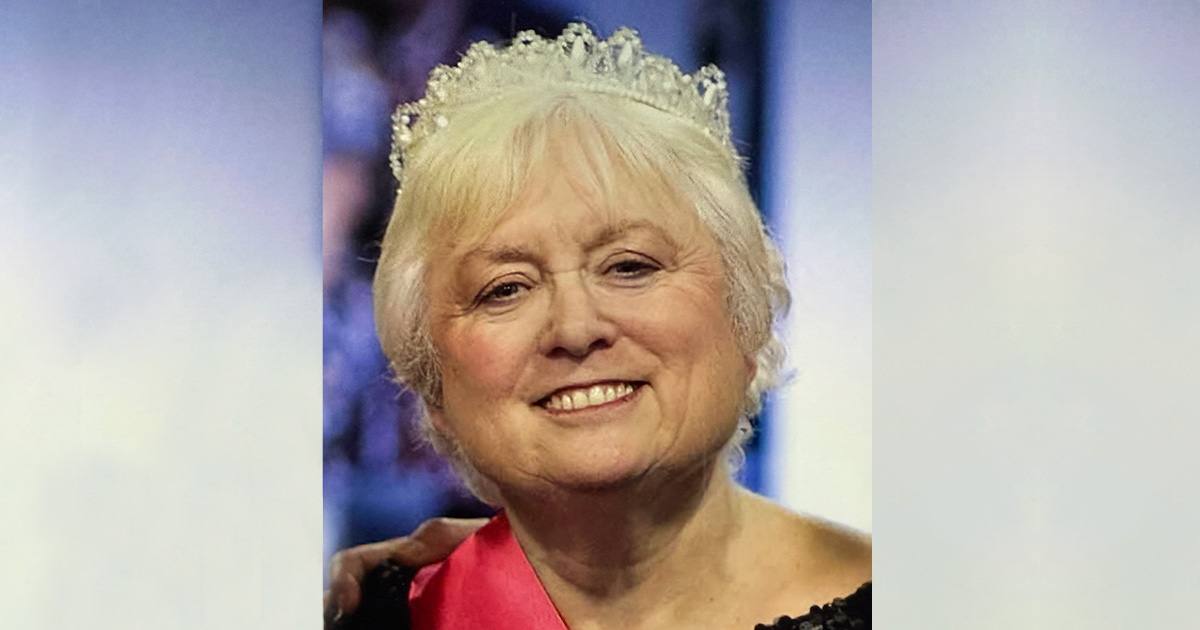Unless you have been in Outer Mongolia without access to any media, you can’t have failed to notice that the train workers unions have been holding strikes in London in recent weeks. This dispute has been going on for a while now and is a result of Transport for London (TfL) trying to expand the underground by creating five 24-hour underground lines. The underground staff are objecting to the increased and unsociable hours.
The strikes have had a great deal of media coverage, mainly because the impact on commuters has been huge. In one news item, I was surprised to learn about the working terms and conditions that the underground train drivers currently have. As someone who has been a nurse for 37 years and someone who has spent those years working shifts, I thought I would compare the working terms and conditions of underground staff to that of nurses in the NHS.
I should firstly emphasise that I am not suggesting that being a tube driver is not an important job. We can see from the strikes during July and August that having no tubes running brought chaos to London. TfL clearly state that there are many important aspects of the tube driver’s job. These include:
- Ensuring that the train is in good working order before leaving.
- Having a good knowledge of the route and coordinating with the control centre.
- Learning about delays and problems ahead during the train journey, planning for these and making passengers aware of them.
- Understanding the current track conditions and weather conditions, and knowing how these will affect travel.
- Following signals and safety regulations at all times, keeping the train under control and at the correct speed, and making announcements to passengers.
In comparison, a senior nurse, such as a ward manager, will have both the safety and well-being of extremely ill people and their relatives to co-ordinate. Furthermore, they will be responsible for the running of a ward, with all the budgetary and operational stresses that accompany such a role. And still, these nurses are asked to work unsociable hours to ensure that the wards are fully staffed and that patients receive the best possible care.
While I agree that tube drivers are important I think you will agree that the comparison hardly seems fair given the complexity and role that a senior nurse has. Table 1 illustrates some glaring differences between the two roles. An important difference is that the tube drivers and other TfL staff have got strong and powerful unions who are able to negotiate the demands of new working rosters to get the best deal for their members. Sadly, none of the unions representing nurses have got the same strength; in fact, they accepted a 4-year pay freeze on our behalf just a few weeks ago.
Is this the unions’ inability to represent us, or our inability as nurses to decide whether strike action is appropriate for our profession? For the majority of us, we came into the nursing profession with the aim of caring for sick people, and this does not include leaving our patients to man a picket line. Is this our weakness or something we should be proud of. What do you think?
Unless you have been in Outer Mongolia without access to any media, you can’t have failed to notice that the train workers unions have been holding strikes in London in recent weeks. This dispute has been going on for a while now and is a result of Transport for London (TfL) trying to expand the underground by creating five 24-hour underground lines. The underground staff are objecting to the increased and unsociable hours.
The strikes have had a great deal of media coverage, mainly because the impact on commuters has been huge. In one news item, I was surprised to learn about the working terms and conditions that the underground train drivers currently have. As someone who has been a nurse for 37 years and someone who has spent those years working shifts, I thought I would compare the working terms and conditions of underground staff to that of nurses in the NHS.
I should firstly emphasise that I am not suggesting that being a tube driver is not an important job. We can see from the strikes during July and August that having no tubes running brought chaos to London. TfL clearly state that there are many important aspects of the tube driver’s job. These include:
- Ensuring that the train is in good working order before leaving.
- Having a good knowledge of the route and coordinating with the control centre.
- Learning about delays and problems ahead during the train journey, planning for these and making passengers aware of them.
- Understanding the current track conditions and weather conditions, and knowing how these will affect travel.
- Following signals and safety regulations at all times, keeping the train under control and at the correct speed, and making announcements to passengers.
In comparison, a senior nurse, such as a ward manager, will have both the safety and well-being of extremely ill people and their relatives to co-ordinate. Furthermore, they will be responsible for the running of a ward, with all the budgetary and operational stresses that accompany such a role. And still, these nurses are asked to work unsociable hours to ensure that the wards are fully staffed and that patients receive the best possible care.
While I agree that tube drivers are important I think you will agree that the comparison hardly seems fair given the complexity and role that a senior nurse has. Table 1 illustrates some glaring differences between the two roles. An important difference is that the tube drivers and other TfL staff have got strong and powerful unions who are able to negotiate the demands of new working rosters to get the best deal for their members. Sadly, none of the unions representing nurses have got the same strength; in fact, they accepted a 4-year pay freeze on our behalf just a few weeks ago.
Is this the unions’ inability to represent us, or our inability as nurses to decide whether strike action is appropriate for our profession? For the majority of us, we came into the nursing profession with the aim of caring for sick people, and this does not include leaving our patients to man a picket line. Is this our weakness or something we should be proud of. What do you think?





International Diabetes Federation officially recognises “type 5 diabetes”, decades after first being observed.
24 Apr 2025